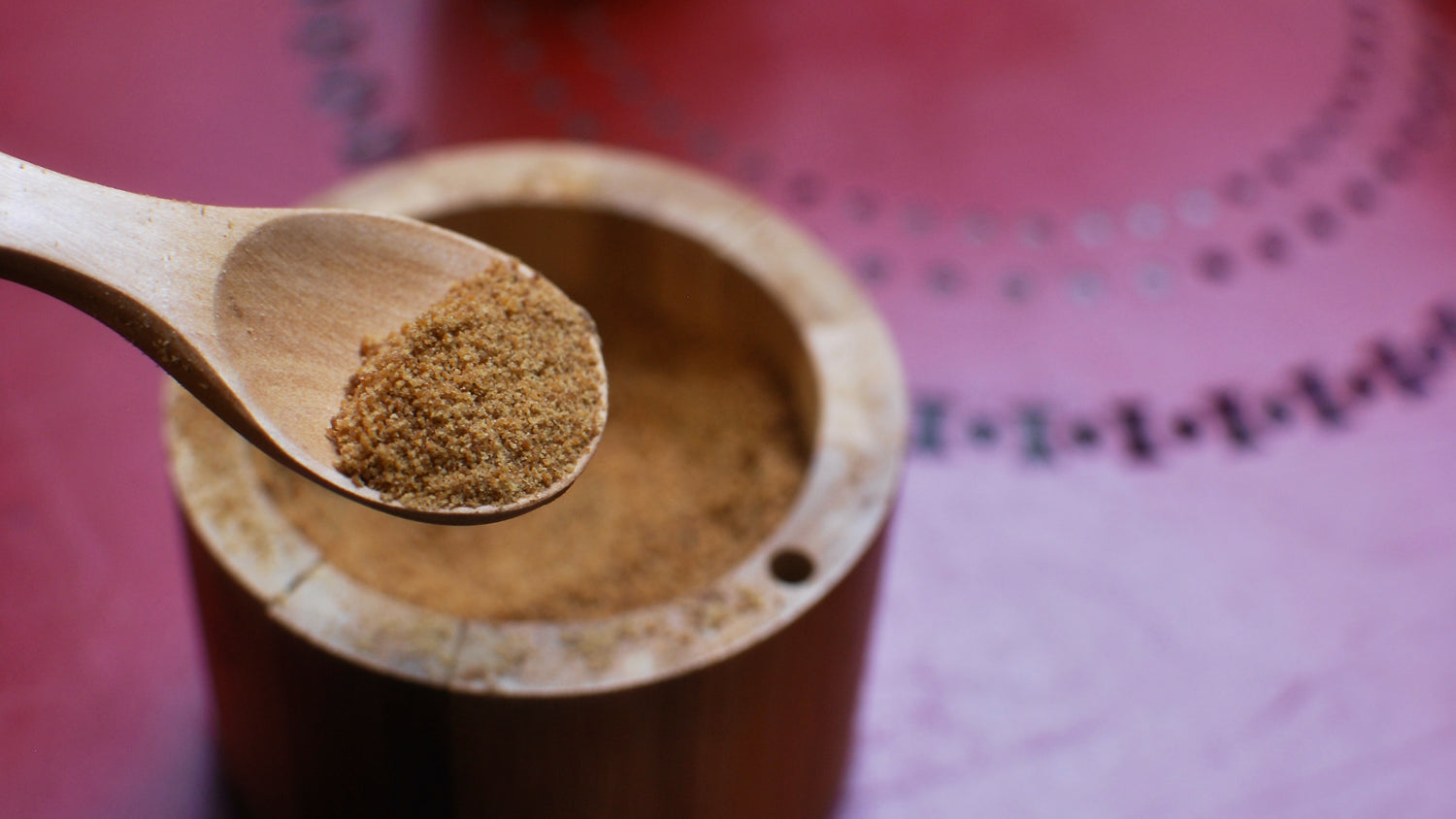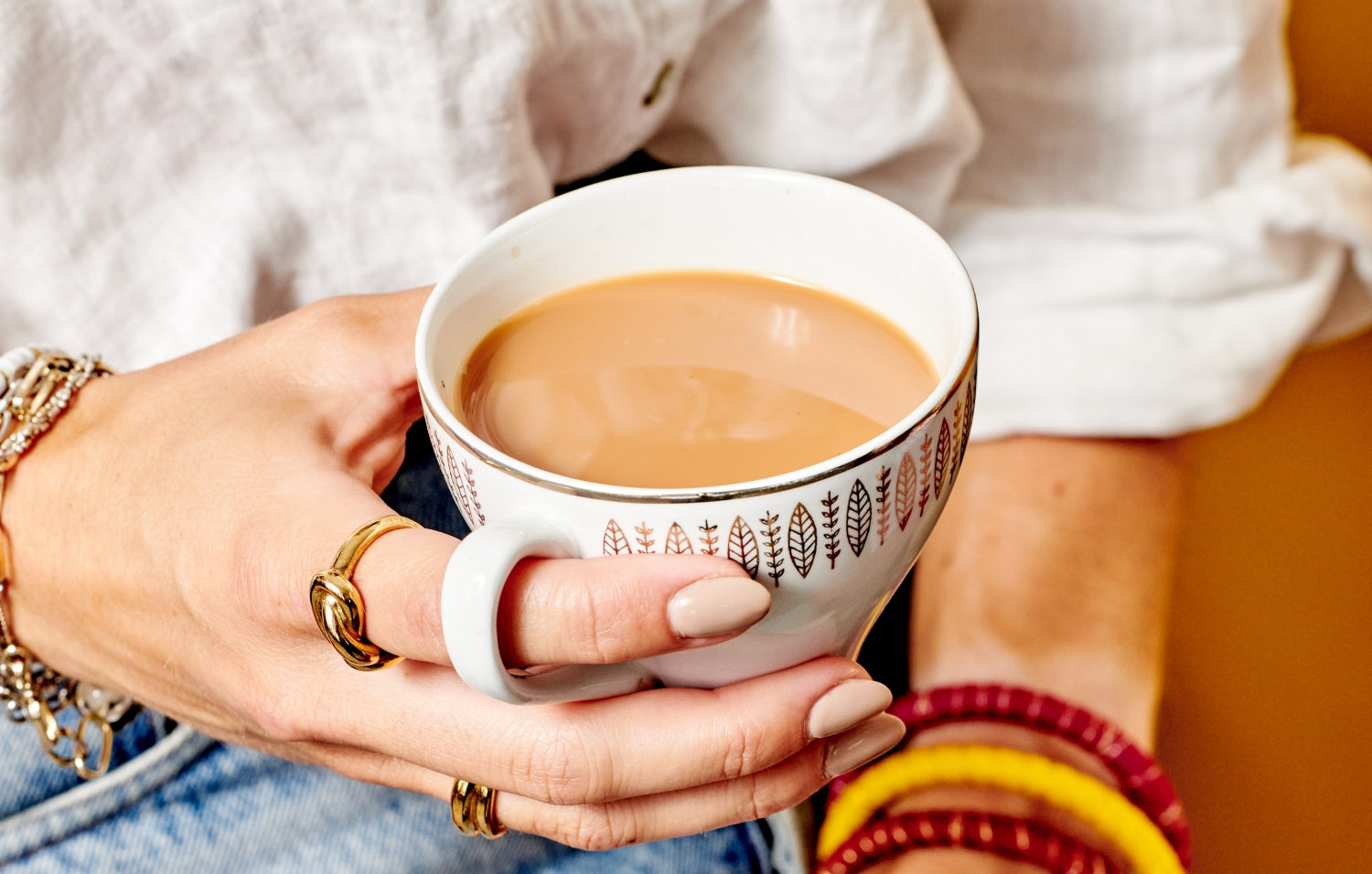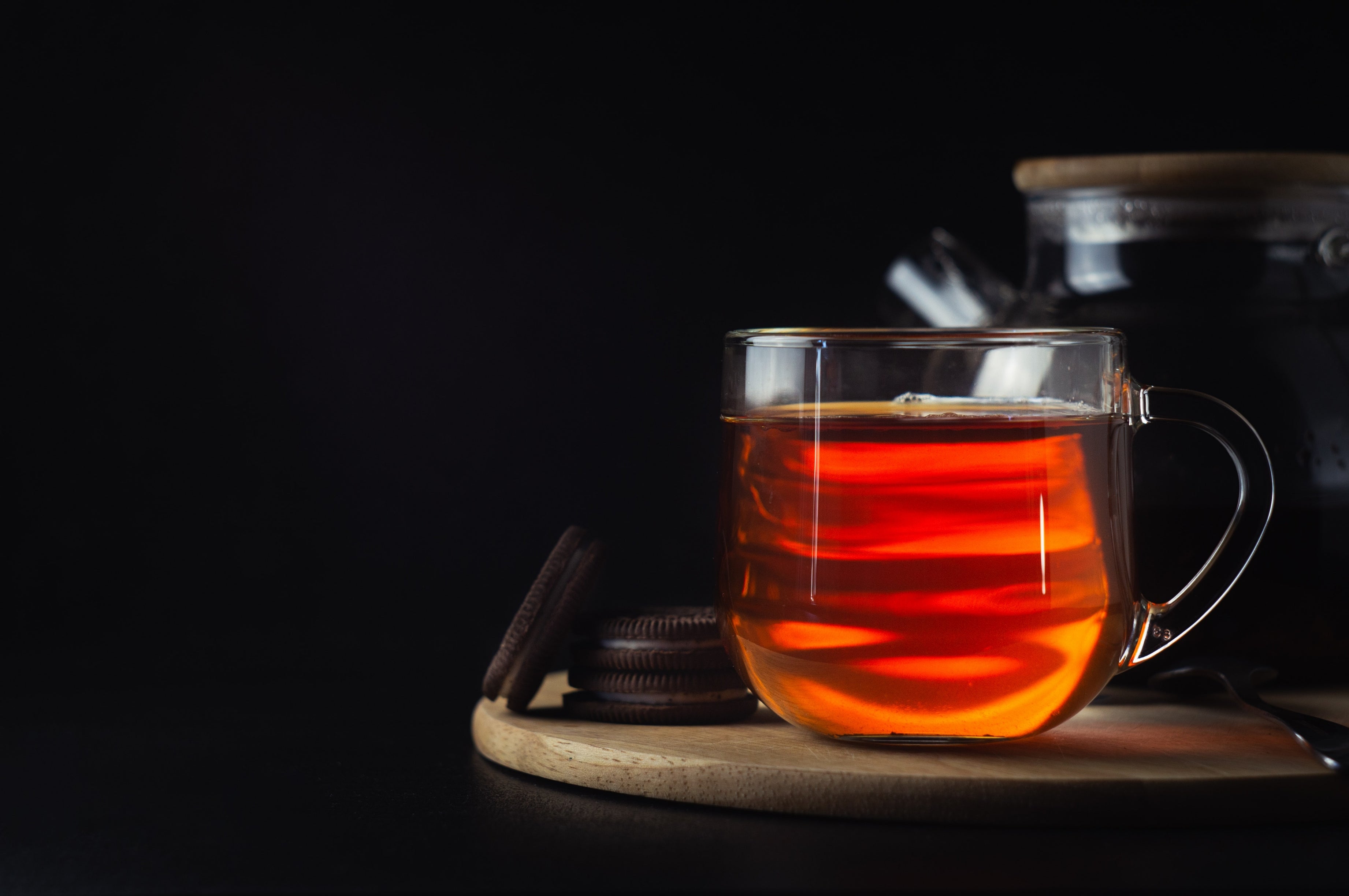Cutting down sugar in your diet? It’s impossible to do this entirely — sugar in various forms does occur naturally in food; and we need some of it to live, which is why we’re hardwired to seek that sweet flavor. But too much white refined sugar, which has most of sugar cane’s nutrition stripped away and often gets added to modern foods in excessive amounts, can lead to negative outcomes like diabetes and liver disease.
Here’s the good news: Thanks to sugar alternatives like the eight we’ve listed below, you don’t need to say goodbye to the sweet life altogether. With few or zero calories, these alternatives contain antioxidants with anti-inflammatory properties that can heal you from the inside and lower blood pressure, all while clearly signaling to your taste buds that you’re having a treat.
Coconut Sugar
Coconut sugar, or coconut palm sugar, is made from the sap of the coconut palm tree. This has been a natural sweetener in South and Southeast Asia for ages. While it looks like molasses-enriched brown sugar at first glance and shares some of the same notes of toasted caramel and butterscotch, unrefined coconut sugar has slightly bigger, drier, and flakier crystals with more vitamins and minerals than table sugar. This rich source of potassium, magnesium, zinc, iron, and B vitamins helps to make our Sri Lankan Milk Tea delicious, complementing the bold flavor of our carefully sourced Ceylon black tea.
Jaggery
Unrefined sugar made from sugar cane — or, as popular in Sri Lanka the lower sugar kithul tree — jaggery has risen in popularity for its complex flavor and nutritional value. It’s a staple in Southeast Asian kitchens, generally in semi-solid form with a golden yellow color and a heady, wine-like fragrance. Practitioners of Ayurvedic medicine have long used mineral- and vitamin-rich jaggery for respiratory issues, menstrual problems, and anemia, and many consider the sweetener a natural cleansing agent, helping flush harmful toxins from the body.
Honey

Since ancient times, honey has been used as a medicine as well as a sweetener, thanks to its incredible antimicrobial properties and soothing effects on ailments of all kinds. Honey starts as flower nectar collected by bees, which gets broken down into simple sugars stored inside the honeycomb. The result is a thick, golden, shelf-stable substance with earthy sweetness and essential vitamins and minerals, including calcium, zinc, and vitamins C, B1, B2, B3, B5, and B6. And because honey actually tastes 25% sweeter than table sugar, it’s easy to use smaller amounts of it for your coffee, tea, and baking needs.
Molasses
Molasses is a by-product of the sugar production process. This dark, viscous liquid imbued with vitamins and minerals emerges when the juice from the mashed sugar cane is boiled several times. It has a distinctly bold flavor with a slightly bitter undertone — something perfect for pairing with a cup of joe or a warmly spiced tea blend. Molasses is low on the glycemic index, which means it can play a key role in stabilizing blood sugar levels. It also has an abundance of calcium to promote bone health, as well as vitamin B6 and potassium to address blood clots and prevent heart inflammation.
Stevia
Banned in the U.S. in 1991 after studies suggested it may cause cancer, stevia was allowed back on grocery shelves in 2009 after a follow-up study refuted initial claims. Today this zero-calorie sweetener, derived from a South American plant of the same name, is considered a game-changer in people’s quest for better health. Human and animal research indicates that replacing sugar with stevia may help reduce blood sugar levels and prevent diabetes. Don’t use it as a spoon-for-spoon replacement, though: Stevia can taste up to 150 times sweeter than sugar, and its extract can be 300 times sweeter.
Monk Fruit
An extract of mongroside, the sweetest part of this small, round fruit native to southern China, is a recent addition to the West’s sugar alternative market. The antioxidant-rich, calorie-free extract tastes 100-to-250-times sweeter than table sugar, so it’s usually mixed with other natural products to reduce intensity — which is a reason we use it in conjunction with raw coconut sugar in our Sri Lankan Milk Tea!
Maple Syrup
Pure maple syrup is concentrated sap from maple trees, usually North America’s sugar maples because of their high percentage of natural sugars. When the mostly clear and watery sap is flowing readily, harvesters tap the trunk, collect the sap, then boil it down until it turns golden and viscous. This process concentrates the lightly spiced flavors as well as the sugars, leading to a flavorful sweetener with plenty of minerals and antioxidants. Manganese, zinc, calcium, and potassium help fight off pesky free radicals in the body and benefit overall health. Maple syrup also has anti-inflammatory and prebiotic activity, so it helps support gut health and may guard against various illnesses.
Agave Nectar
Diabetes-friendly agave nectar or agave syrup comes from the blue agave plants that flourish in Mexico. Like most natural sugar substitutes on the market, agave is sweeter than table sugar, and also has a high fructose-to-glucose ratio that makes it a lower glycemic sweetener. Agave nectar contains small amounts of essential vitamins for supporting the immune system, such as riboflavin, pyridoxine, folate, and vitamin K. It also plays a big part in breaking down food, particularly proteins and carbohydrates, to rev up metabolism. Agave nectar is similar in flavor to but lighter in texture than honey or maple syrup, so it’s versatile and easy to use wherever you need a flavor boost.




Leave a comment
This site is protected by hCaptcha and the hCaptcha Privacy Policy and Terms of Service apply.